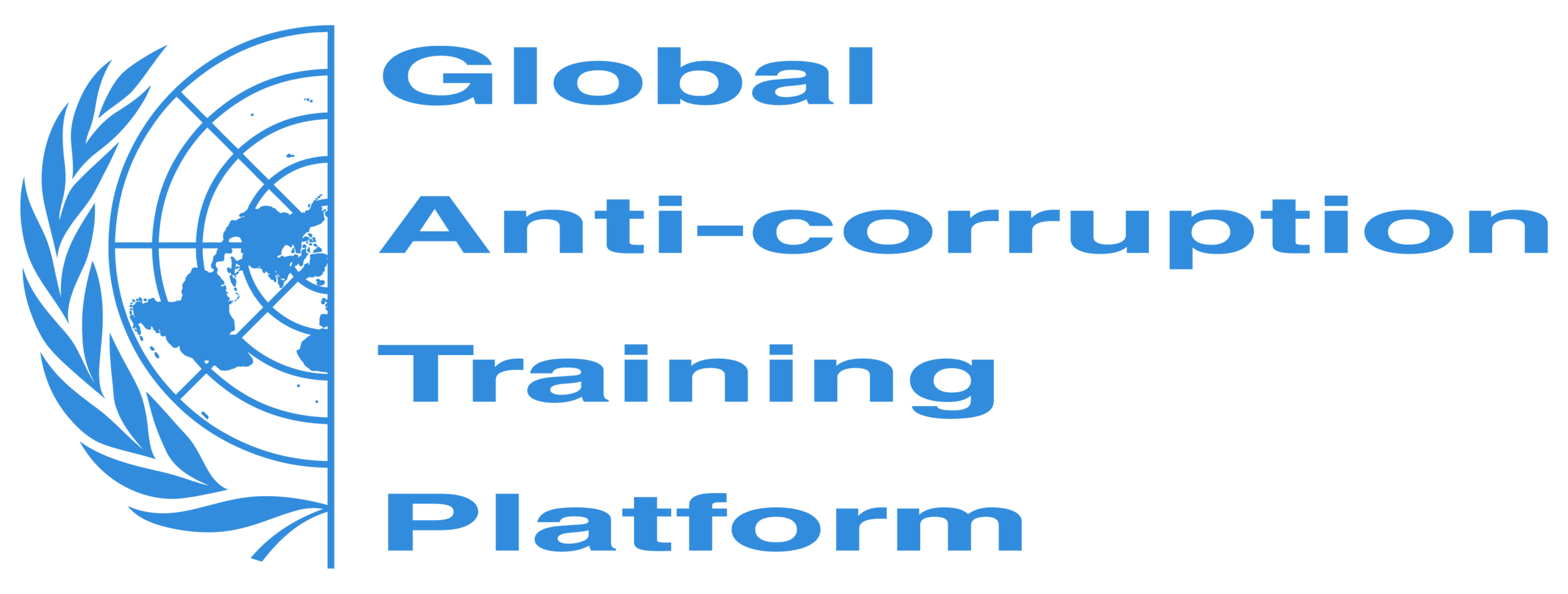The First International Workshop of the Global Anti-Corruption Training Platform
Introduction to
Anti-Corruption &
Sustainable Development
On the Occasion of the International Anti-Corruption Excellence Award
9-11 December 2019, Kigali Convention Centre, Rwanda
Objectives
The focus of this Training of Trainers (ToT) Workshop will be on the problematic of corruption and its link with sustainable development through good practices and challenges.
As a ToT Workshop, this event is designed to increase an expert’s knowledge level on a given topic, while at the same time enhancing his/her capabilities to design and deliver effective training programs in order to properly transmit this expertise. It will empower participants through couching and practical exercises which will maximize their learning. It will be also envisioned for those who are interested in becoming trainers or in increasing their skills in designing, delivering and evaluating training programs.
The workshop will consist of plenary sessions, group discussions and exercises. It is aimed at representatives of States, and other relevant stakeholders with prior relevant experience on anti-corruption.
Apply now using the form below.
Background
At international level there is a common agreement on the need of suppressing and preventing corruption because of its negative impacts and its ripple effects for employment, leadership, decision-making at all levels, among other repercussions, which are linked to development, rule of law, and human rights.
Certainly, this problematic is often considered a crime without victims but it could also affect an identifiable group of persons, in particular the most vulnerable and marginalized sectors of society who have limited possibilities to defend themselves or simply the public at large because of its underestimated role in society. By hampering economic growth and increasing poverty, corruption actively sabotages any progress to achieve all 17 Sustainable Development Goals (SDGs), especially given the limited ability governments have shown to have when dealing with the challenges imposed by widespread corruption. While the United Nations does substantial work to strengthen anti-corruption efforts, these labours remain insufficient, without a central platform to facilitate access to knowledge and exchange of best practices.
Hence, mainstreaming knowledge about this problematic pursues the transformation of discriminatory social institutions, laws, cultural norms and community practices, such as those limiting access to property rights or restricting their access to public space. In this context, the adoption of the 2030 Agenda of the United Nations represents an opportunity for change. This commitment assumed by the States, through Resolution A/RES/70/1 of the General Assembly in 2015, demands joint efforts, not only of them, because of their primary responsibility to protect those who are under their respective jurisdictions, but also of various actors, including the International Organizations to which they belong as well as local governments, in addition to the foundations, non-governmental organizations, academia, and private companies. The particularities of this document do not have precedent, based on the premise that all its objectives and goals involve and benefit society as a whole, both developing and developed countries, without neglecting their different realities, capacities and development levels, respecting their national policies and priorities.
In order to achieve this endeavor, the systematic mainstreaming of knowledge in combating corruption for the due implementation of the Agenda 2030 is crucial. In this regard, international community has an important role to play in anticorruption, especially through the creation of spaces to raise awareness, enhance capabilities, and share good practices towards a culture of learning.

